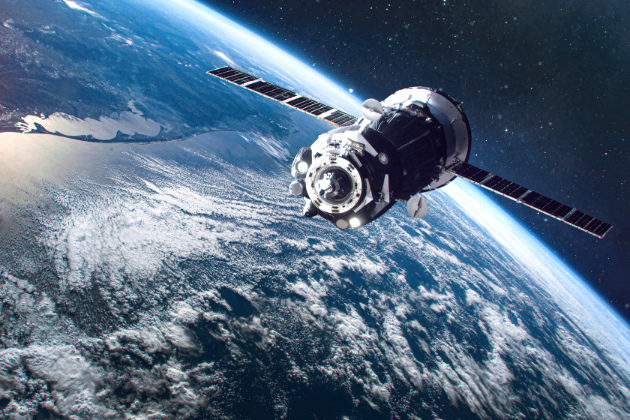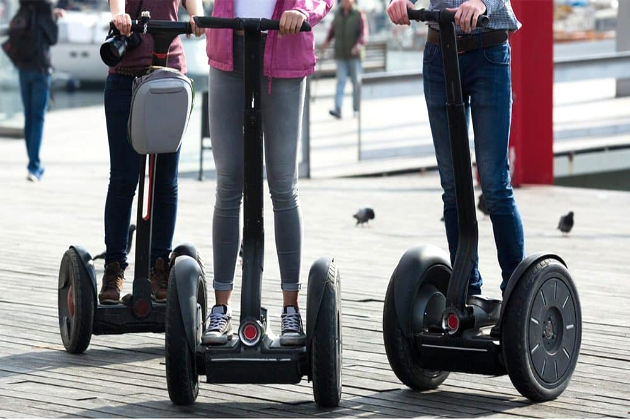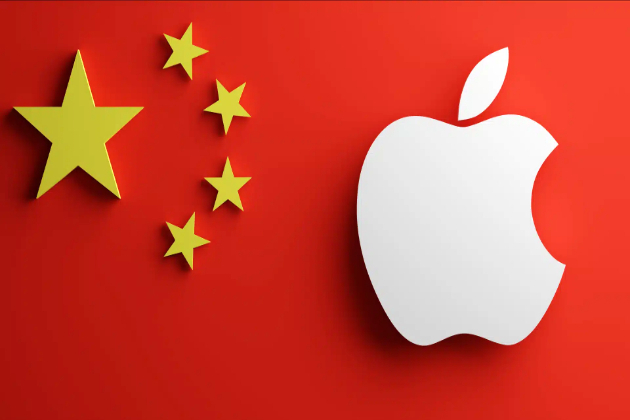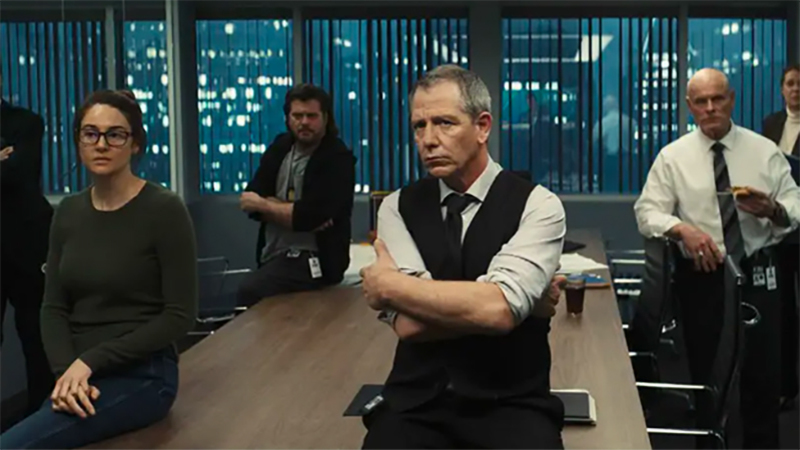Explainer: what is decolonisation?
The Conversation
23 Jun 2020, 02:08 GMT+10
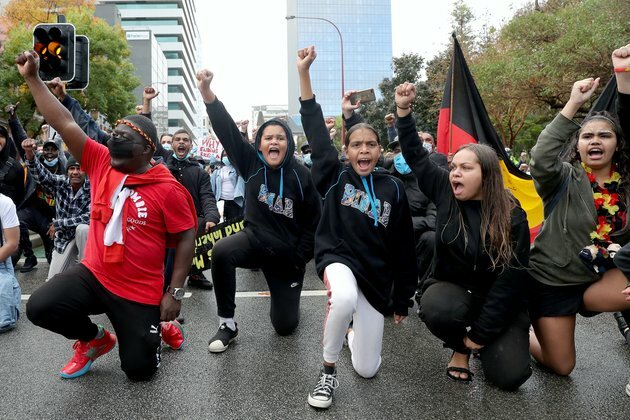
Colonisation is invasion: a group of people taking over the land and imposing their own culture on Indigenous people.
Modern colonisation dates back to the Age of Discovery in the 15th century, as European nations sought to expand their influence and wealth. In the process, representatives of these countries claimed the land, ignoring the Indigenous people and erasing Indigenous sovereignty.
Laws and policing were significant tools of dispossession and oppression. Indigenous people were brutalised, exploited and often positioned as subhuman. As Jean-Paul Sartre described colonisation:
Colonisation is more than physical. It is also cultural and psychological in determining whose knowledge is privileged. In this, colonisation not only impacts the first generation colonised but creates enduring issues.
Decolonisation seeks to reverse and remedy this through direct action and listening to the voices of First Nations people.
Seeking independence
The word "decolonisation" was first coined by the German economist Moritz Julius Bonn in the 1930s to describe former colonies that achieved self-governance.
Many struggles for independence were armed and bloody. The Algerian War of Independence (1954- 1962) against the French was particularly brutal.
Read more: What Mandela and Fanon learned from Algeria's revolution in the 1950s
Other struggles involved political negotiations and passive resistance.
While the exiting of the British from India in 1947 is largely remembered as nonviolent resistance under Gandhi's pacifist ethic, the campaign started in 1857 and was not without bloodshed.
The quest for independence is rarely peaceful.
Justice
Decolonisation is now used to talk about restorative justice through cultural, psychological and economic freedom.
In most countries where colonisers remain, Indigenous people still don't hold significant positions of power or self-determination. These nations are termed "settler-colonial" countries - a term made popular in the 1990s by academic Patrick Wolfe, who said "invasion is a structure not an event".
Another word that is useful in understanding decolonisation is "neocolonial". It was coined by Kwame Nkrumah, Ghana's first president, in the early 1960s to refer to the continuity of the former coloniser's power through economic, political, educational and other informal means.
In these neocolonial or settler-colonial countries, advocacy for the rights of Indigenous people is not always matched by action. The voices of Indigenous people for treaty and truth in culture, politics, law and education resound while practice lags.
Read more: It will take critical, thorough scrutiny to truly decolonise knowledge
True decolonisation seeks to challenge and change White superiority, nationalistic history and "truth".
The Rights of Indigenous people was adopted by the United Nations in 2007. It says:
It lists several important rights in the process of decolonisation, including:
the right to autonomy and self-government, including financing for these autonomous functions freedom from forced removal of children protection of archaeological and historical sites, and repatriation of ceremonial objects and human remains the right to provide education in their own language state-owned media should reflect Indigenous cultural diversity legal recognition of traditional lands, territories and resources.
Read more: Who owns the bones? Human fossils shouldn't just belong to whoever digs them up
Ways to support decolonisation
Decolonisation must involve challenging both conscious and subconscious racism. Non-Indigenous people in settler-colonial societies can start by asking:
whose Country do I live on - what nation? if my land was stolen, my culture and sovereignty denied, what rights would I want, need and expect? who on Country must I listen to and work with?
To engage with decolonisation you can:
value Indigenous knowledge and scholarship. In Australia, this can mean listening to Indigenous people on their knowledge about bushfire management encourage and insist on teaching about Indigenous people and cultures in schools support restitution efforts, such as programs which are revitalising Indigenous languages call on institutions - including across education, the arts, media and politics - to hire Indigenous people throughout the organisation and in positions of leadership look for ways people in your workplace might face discrimination and unconscious bias, and speak up against these structures fight for justice arising from Indigenous guidance, by walking alongside Indigenous people at rallies and placing their voices front-and-centre at events.
Read more: Explainer: what is systemic racism and institutional racism?
Racism injures, chokes and kills unless challenged.
Racist structures make the victim the problem.
We might kneel to remember those murdered. But we need to call on institutions to enact required reforms for decolonisation. We need to support people in organisations who speak out against racism. We need to question whether colonisation taught us to stand, in institutional uniforms of the mind, and passively watch the choking.
Authors: Mary Frances O'Dowd - Independent Scholar, Ethical Citizenship & Racism Studies, CQUniversity Australia | Robyn Heckenberg - Dean Learning and Teaching Centre for Aboriginal Studies, Curtin University., Curtin University 
 Share
Share
 Tweet
Tweet
 Share
Share
 Flip
Flip
 Email
Email
Watch latest videos
Subscribe and Follow
Get a daily dose of Austin Globe news through our daily email, its complimentary and keeps you fully up to date with world and business news as well.
News RELEASES
Publish news of your business, community or sports group, personnel appointments, major event and more by submitting a news release to Austin Globe.
More InformationBusiness
SectionAmericans grow gloomy on finances as confidence declines further
WASHINGTON, D.C.: U.S. consumer confidence continued to drop in 2025, hitting its lowest level in 12 years as more Americans worry...
Waymo gears up for driverless expansion in Washington, D.C.
WASHINGTON, D.C.: Alphabet's self-driving division Waymo is preparing to expand its driverless ride-hailing footprint to the heart...
Regulatory win in India paves way for Starlink's expansion
BENGALURU, India: A major regulatory breakthrough in India could mark a turning point for Starlink, Elon Musk's satellite internet...
U.S. stocks plummet on Trump trade policies, techs worst hit
NEW YORK, New York - Renewed fears about inflation, and U.S. Donald Trump's trade policies say American markets take a deep dive Friday....
Segway recalls 220,000 scooters over fall hazard
NEW YORK CITY, New York: Segway is recalling about 220,000 scooters in the U.S. because of a safety issue that can cause riders to...
China reassures Apple CEO Tim Cook amid geopolitical tensions
BEIJING, China: As global tech firms navigate rising geopolitical tensions, China has extended a warm signal to Apple, one of its most...
Texas
SectionFord F-150 under investigation for transmission defects
WASHINGTON, D.C.: Federal safety regulators have launched a new investigation into Ford's best-selling F-150 pickup trucks after receiving...
NBA roundup: Thunder top Pacers to keep 70-win season within reach
(Photo credit: Alonzo Adams-Imagn Images) Shai Gilgeous-Alexander scored 33 points as Oklahoma City beat visiting Indiana 132-111...
MLB roundup: Yanks hit 9 HRs, bash Brewers 20-9
(Photo credit: Wendell Cruz-Imagn Images) Aaron Judge hit the third of three straight homers for the Yankees to open the game before...
Mavericks inch past Bulls in quest for West play-in berth
(Photo credit: David Banks-Imagn Images) Klay Thompson had 20 points and hit two critical free throws with 6.7 seconds left as the...
Jayson Tatum's 29 help Celtics beat Spurs for 8th straight victory
(Photo credit: Daniel Dunn-Imagn Images) Jayson Tatum hit for 29 points and grabbed 10 rebounds as the visiting Boston Celtics easily...
Adolis Garcia (HR, 3 RBIs) stars as Rangers nip Red Sox
(Photo credit: Raymond Carlin III-Imagn Images) Adolis Garcia homered among his three hits and drove in three runs Saturday to lead...



